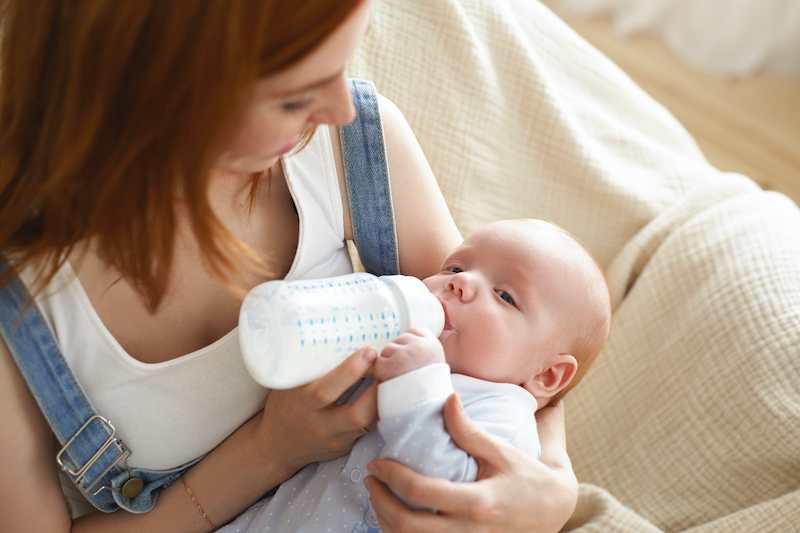Introduction
As a new parent, it’s natural to be concerned about your baby’s development and milestones.
One crucial activity that plays a significant role in your newborn’s growth is tummy time.
Tummy time refers to the practice of placing your baby on their stomach while they are awake and supervised.
In this article, we will discuss when you should start tummy time with your newborn and
provide essential tips and guidelines to ensure a safe and enjoyable experience.
Understanding the Importance of Tummy Time
Tummy time is essential for your baby’s physical, cognitive, and motor development.
It helps strengthen the muscles in their neck, shoulders, and core, leading to improved
head control, balance, and coordination.
This activity also assists in preventing flat spots on the back of the head and promotes the
development of gross motor skills necessary for rolling over, sitting up, crawling, and
eventually walking.
When to Start Tummy Time
The ideal time to start tummy time with your newborn is shortly after birth. In fact, experts
recommend beginning tummy time as early as the first few days of your baby’s life.
Initially, keep the sessions brief, around 1 to 2 minutes, and gradually increase the duration
as your baby becomes more comfortable.
Starting early allows your baby to adapt to the new position and gradually build their strength.
Tips for a Successful Tummy Time
Choose the right time:
Pick a time when your baby is calm and alert, but not immediately after feeding, as this may cause discomfort or spit-up.
Use a soft surface:
Place your baby on a firm, comfortable surface like a blanket or a play mat.
Avoid placing them on a bed or a couch, as it may pose a risk of falling.
Engage your baby:
Make tummy time enjoyable by getting down at eye level and talking, singing, or making
playful noises to engage your baby’s attention.
You can also place age-appropriate toys within their reach to encourage reaching and
grasping.
Gradually increase duration:
Begin with short sessions and gradually extend the duration as your baby grows stronger.
Aim for a total of 20-30 minutes of tummy time spread throughout the day by the time your
baby is three months old.
Monitor and supervise:
Always keep a close eye on your baby during tummy time and ensure they are safe and
comfortable.
Never leave them unattended, especially on elevated surfaces.
Alternate positions:
If your baby becomes fussy or tired during tummy time, you can try alternate positions
such as placing them on your chest or lap, with their belly against your body.
Be patient and supportive:
Some babies may initially resist tummy time or find it uncomfortable.
Stay patient and supportive, providing encouragement and reassurance as they
gradually adjust to this new experience.
Conclusion
Starting tummy time with your newborn early on is crucial for their overall development.
By following the recommended guidelines and implementing the tips mentioned above,
you can ensure a safe and positive tummy time experience for your baby.
Remember, every baby is unique, so monitor their progress and consult your paediatrician
if you have any concerns.
Enjoy this precious bonding time with your little one and watch them grow stronger and
more confident with each tummy time session.
![]()











